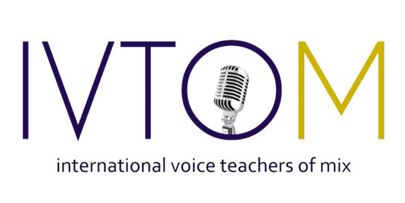Muscle Tension Dysphonia
Weekly Teaching Tip – Feb. 1, 2016
by Anna Siciliano, SLP
Muscle Tension Dysphonia continues to be our most frequently seen voice disorder here at Intermountain Voice Disorder. This is amazing!! Muscle Tension, tight laryngeal and strap muscles causing voice disorders every day in a variety of patients!! Male, female, young , old, singers, teachers, voice professionals. What are the symptoms of Muscle Tension? Loss of range in speech and singing, loss of vocal endurance, feeling of strain when talking or singing, hoarseness, vocal fatigue.
It is important for singing teachers to know that this voice problem is prevalent in our society today. Singers may come into your singing lessons with a component of muscle tension. Please listen for hoarseness or roughness in the speaking voice. As the false folds are often compressed over the true vocal folds in MTD, the singer may have loss of range. We often see the range restricted on the upper end as muscle tightness in the larynx makes it hard for the vocal folds to vibrate rapidly for higher pitched sounds.
What do we see when we do video stroboscopy on patients with Muscle Tension Dysphonia? The vocal fold edges are usually smooth and we do not see nodules (however some nodules patients have both vocal fold nodules and Muscle tension). The false folds are compressed over the lateral borders of the vocal folds. There may be anterior to posterior compression in the larynx. We may see posterior laryngeal edema and redness indicating reflux. Full vocal fold wave movement is restricted.
On physical exam, the larynx is raised and the Thyrohyoid space is decreased. There is tenderness and palpation of the larynx. The SCM muscles are usually tight. The patients are usually voice overusers but are not the cheering, loud voice users like those with nodules. They may have increased stress in their daily lives….as all of us do at times.
What can you do as a teacher? Be aware, listen to the speaking and singing voice, refer to a qualified Voice Center if they do not make progress with singing lessons. Give information about MTD to your singers. Encourage vocal pacing: talk, be quiet, sing, be quiet, give the vocal folds recovery time. Upper body stretching, yoga and meditation can sometimes help. Give reflux prevention information. And as always….work with a team so that together we can help our students to ….speak and sing for a lifetime.
Anna Siciliano, MA CCC/SLP
Speech Pathologist
Program Coordinator
Intermountain Voice and Swallowing Center
Anna.siciliano@imail.org
801-408-4972
Fax 801-408-1810

